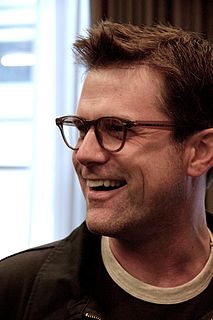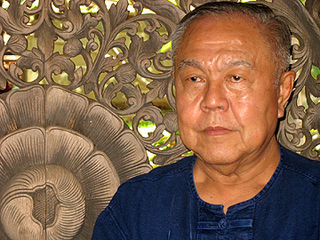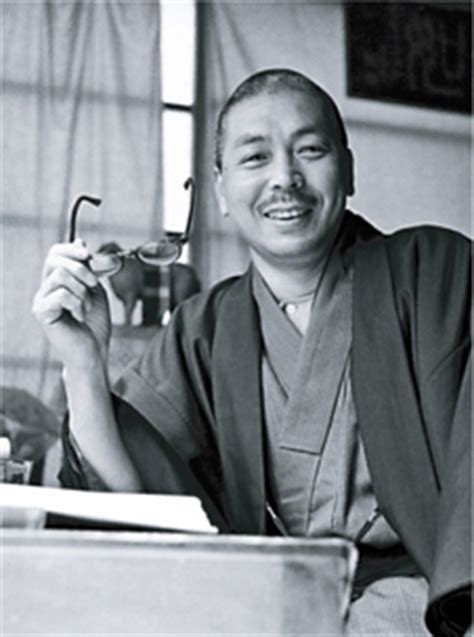A Quote by Merlin Mann
All self-help is Buddhism with a service mark
Related Quotes
Buddhism is not concerned just with private destiny, but with the lives and consciousness of all beingsAny attempt to understand Buddhism apart from its social dimension is fundamentally a mistake. Until Western Buddhists understand this, their embrace of Buddhism will not help very much in the efforts to bring about meaningful and positive social change, or even in their struggle to transform their ego.
The NHS needs to change fundamentally. It's a fragmented service when it should be joined-up. It's a last-minute crisis intervention service when it should be about prevention. It's a sickness service when it should have promoting health as its core. Crucially, it doesn't do enough to help people to help themselves.
If science proves some belief of Buddhism wrong, then Buddhism will have to change. In my view, science and Buddhism share a search for the truth and for understanding reality. By learning from science about aspects of reality where its understanding may be more advanced, I believe that Buddhism enriches its own worldview.
The Last Arrow transcends a moment or an issue. It is a call to move beyond self-indulgence to a life of sacrificial service. In The Last Arrow I address a broad spectrum of issues from the Syrian refugee crisis to the cultural epidemic of depression to the personal struggle of insignificance. The Last Arrow is a clarion call to make a difference in the world rather than a self-help book for personal self-improvement.





























